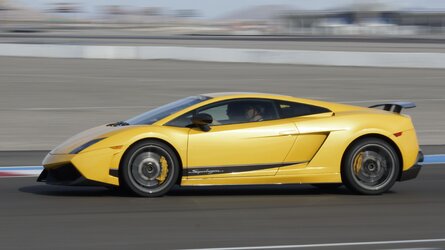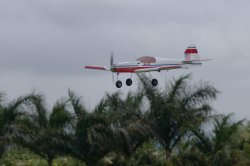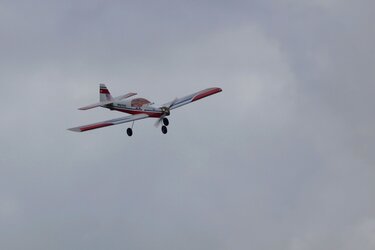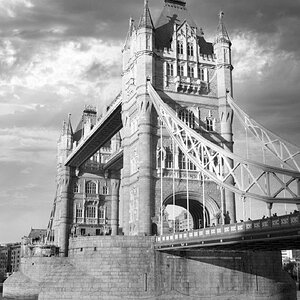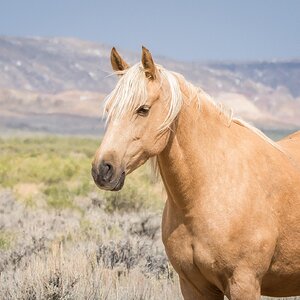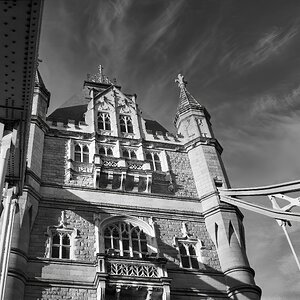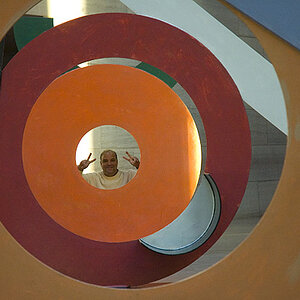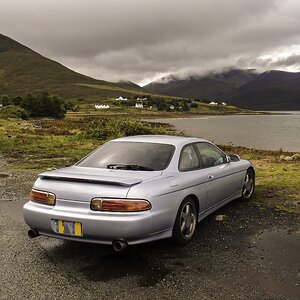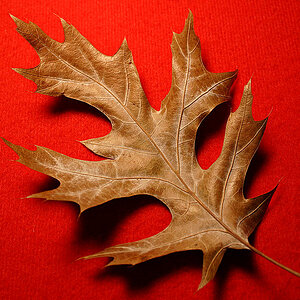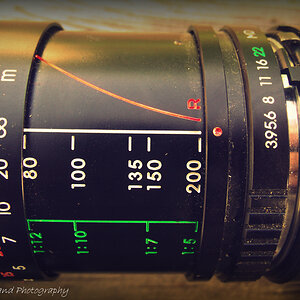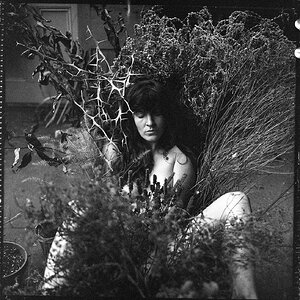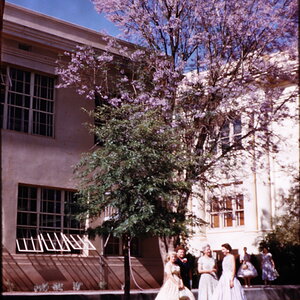haach76
TPF Noob!
- Joined
- Oct 12, 2012
- Messages
- 8
- Reaction score
- 0
- Location
- Canada
- Can others edit my Photos
- Photos NOT OK to edit
Hi folks,
I was wondering if I can get some ideas on what you think are the weakness in the tracking technology in the Sony alpha 7 and alpha 99 cameras. I am writing an article and I hope to compile a list of the weaknesses of the tracking in these two cameras and compare them with Nikon and Canon. I personally think tracking seems to have a lag in alpha 7, but i hope to hear what people think.
So if you have any thoughts on the weakness/failures of the tracking in Sony alpha 7 (or if you have any opinions about tracking in these two cameras) I would like to hear it.
thank you and appreciate your time,
J
I was wondering if I can get some ideas on what you think are the weakness in the tracking technology in the Sony alpha 7 and alpha 99 cameras. I am writing an article and I hope to compile a list of the weaknesses of the tracking in these two cameras and compare them with Nikon and Canon. I personally think tracking seems to have a lag in alpha 7, but i hope to hear what people think.
So if you have any thoughts on the weakness/failures of the tracking in Sony alpha 7 (or if you have any opinions about tracking in these two cameras) I would like to hear it.
thank you and appreciate your time,
J



